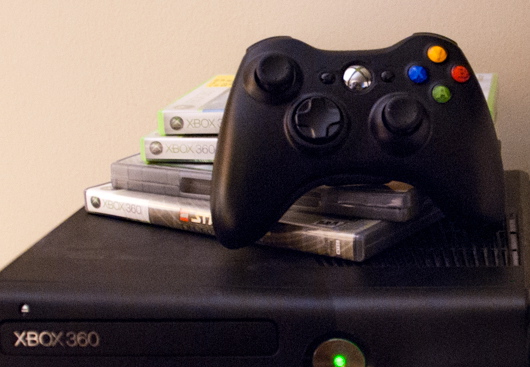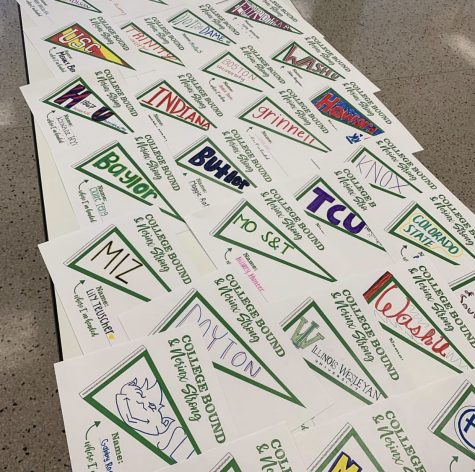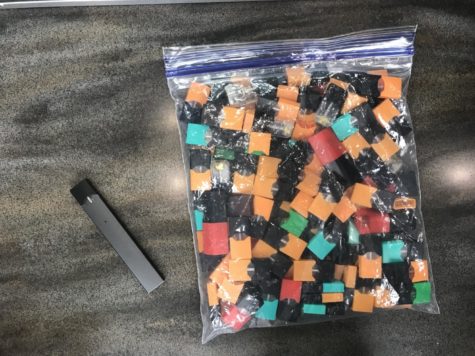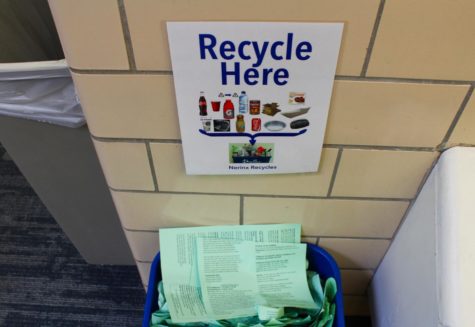#GamerGate
“A Web-based movement of gamers upset about a perceived lack of ethics among video game journalists” is how Newsweek describes #GamerGate, a social movement on Twitter led by the video game community. Others see #GamerGate as a web-based campaign of gamers revolting against women involved in the gaming community.
The topic arose with the culmination of online harassment against female video game developer Zoe Quinn for the release of her new game Depression Quest. Online critics asserted that Quinn’s game was only released because she was having an affair with Nathan Grayson, a journalist for Kotaku. It was later discovered that Quinn and Grayson were in a relationship; however, Grayson never reviewed her video game, and wrote he about her only once in an article about a reality TV show before the relationship began. Criticism grew into violent threats and resulted in Quinn fleeing her home. Supporters of GamerGate stood by their belief that their is a lack of ethics in journalism regarding video games. However, according to social media analytics company BrandWatch, Quinn received 10,400 tweets with the hashtag GamerGate to Grayson’s 732. Furthermore, the allegations of unethical video game journalism were perpetrated by Eron Gjoni, Quinn’s ex-boyfriend.
Zoe Quinn was not the last to face harassment from the notoriously misogynistic gaming community; feminist Anita Sarkeesian was also the victim of several death threats that forced her into hiding. Sarkeesian, whose video series includes a video about the depiction of women in video games, received heavy backlash. Sarkeesian had to cancel a speaking arrangement at Utah State University after a school shooting threat. The threat was aimed directly at her, due to her views concerning misogyny in the gaming world. Brianna Wu, an indie game developer, who has also spoken out against GamerGate and the marginalization of women in the gaming community, has received 38,952 tweets with the hashtag GamerGate since the beginning of September. Wu had her home address posted on 8Chan, and she and her husband eventually had to relocate after subsequent death threats on Twitter.
While the Twitter movement argues that GamerGate’s central focus is “video game journalism ethics,” the online harassment makes their point difficult to prove. Some blame a shift from “traditional” gamers, or “hardcore” gamers who have played video games for entertainment, to the idea of video games as an art form. The swell of technology has been both a blessing and a curse; while the gaming platform has expanded, it has also allowed for division within the gaming community. Newer, more casual gamers have entered the scene, and they use graphics to their advantage in creating video games considered works of art. The ire of some dark corners of the gaming sphere is focused on those who see gaming as a hobby, a group including women and people of color. While the GamerGate scandal has uncovered these dark corners of the gaming sphere, this event has launched a new debate on what it means to be a woman in the gaming industry, and how far the gaming community needs to go in order to be a more accepting place for all users.






